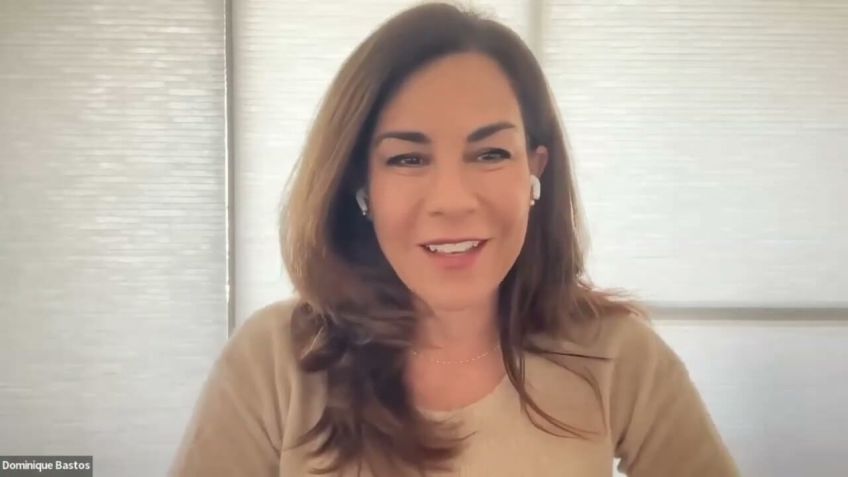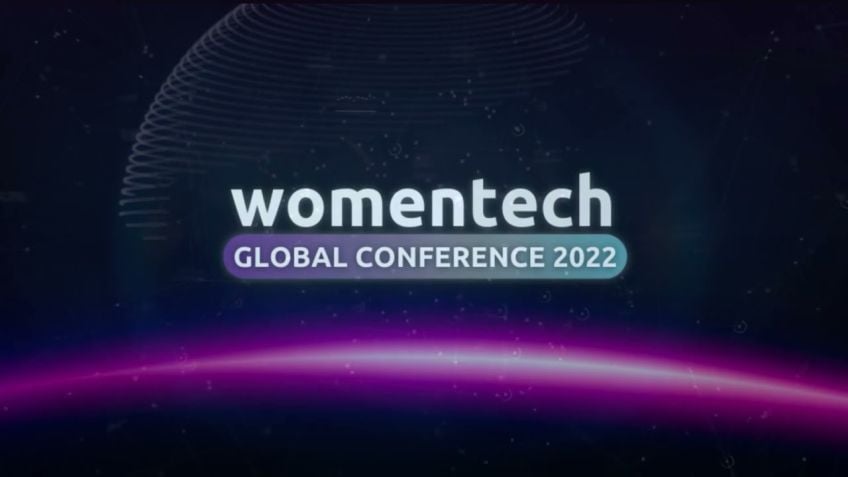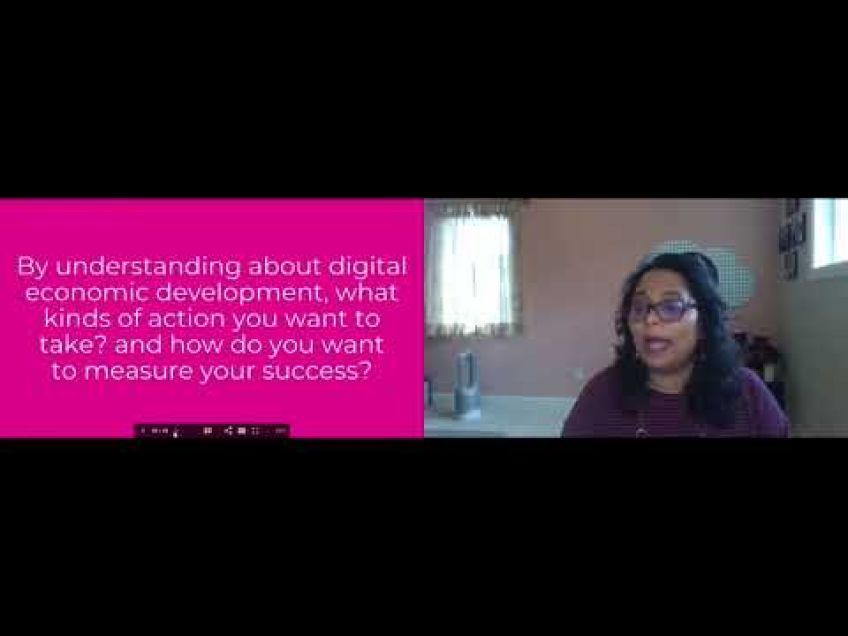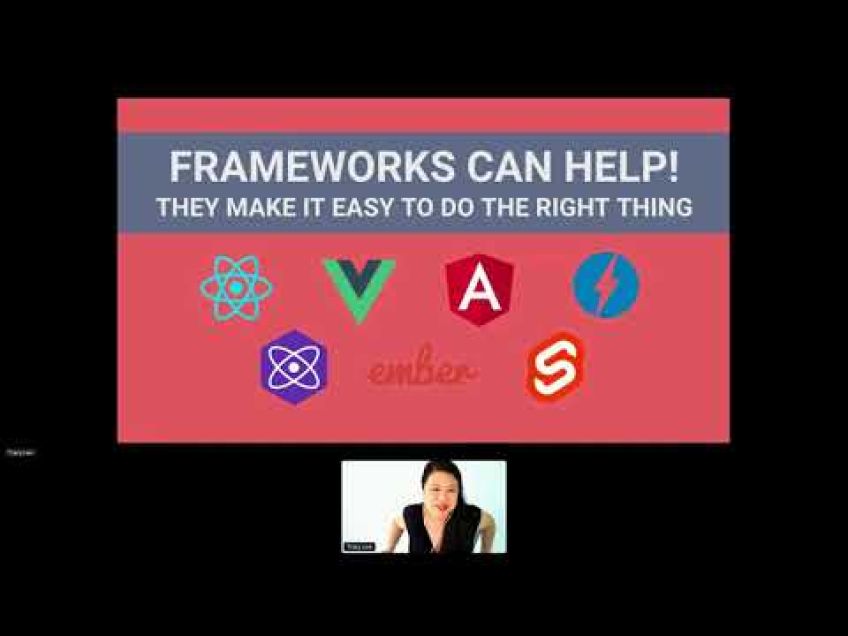The Power of Emotional Intelligence for Women in Leadership
Deirdre Sommerkamp
VP, Solutions Consulting, Operations & EnablementReviews
Overcoming Barriers in Technology: Empowering the Underrepresented in Tech
Good day! Today we discuss the power of technology, the opportunities it presents, and how we can build a more inclusive environment for those underrepresented in tech.
The Journey to Becoming a Tech Advocate
My journey did not directly lead me to technology. After a false start wanting to be a doctor, mandatory programming classes during my university studies in biomedical engineering paved my path in tech. I discovered not only a passion for technology but also understood its potential to transform lives. Yet, simultaneously, I grew aware of the systematic barriers to access that exclude large sections of society, particularly women and those with intersectional identities.
Inspired to evoke change, I founded the Computer Science For All initiative, a program that mandates computer science courses for all students. This initiative later inspired the Obama Administration's National Computer Science For All Initiative.
Involvement with AnitaB.org
In 2017, I assumed the position of President and CEO of AnitaB.org, a non-profit organization dedicated to achieving intersectional gender and pay parity in tech. The organization engenders an inclusive tech innovation environment by connecting, inspiring, and advancing women and organizations.
The State of Intersectional Gender Equity in Tech
Despite this effort, barriers of gender, racial, ethnic body, ability, size, and sexual orientation discrimination persist in the tech industry. To understand these barriers, we need to gather statistical evidence. AnitaB.org gathers this data through annual reports and surveys. These reports highlight the state of diversity and structural equity in the tech workforce and shed light on the lived experiences, aspirations, and needs of technologists.
Discoveries from Recent Reports
- 92.5% of female technologists experience discrimination
- 56.4% report racial or ethnic discrimination
- Companies are making productive efforts to recruit more female technologists of color
- Female technologists leave their companies at higher rates than males
- Attrition rates are considerably higher for Black, Latinx, Native American, and Pacific Islander technologists
These provide pathways for us to identify and rectify instances where the tech community is failing diverse technologists and strive towards more inclusive environments.
Calls to Action
Here are actions we can undertake to promote greater diversity and inclusion in technology:
- Promote computer science and government technology positions
- Learn from leaders and colleagues at all career levels
- Network and connect with other industry professionals
- Attend relevant conferences
- Register for the AnitaB.org annual Grace Hopper celebration
Conclusion
There is much work to be done to achieve true equality in tech. By uplifting our women, non-binary, and underrepresented peers, we can build a more equitable future. Technology, utilized correctly and inclusively, can offer solutions to some of the world's biggest challenges such as climate change, social justice, and the protection of our democracies. With your help, we can push technology to reach its full potential: an environment that includes and respects all. Thank you for your time today.
Video Transcription
We had in OK, good morning and hello to everyone. It's a pleasure to be here with you today.I'd like to start by thanking the women Tech Global Conference organizers for the opportunity to speak with you and share my thoughts on the power that comes with being a technologist, access opportunity and social justice for the underrepresented in tech. My journey in tech was far from direct before college, I thought I wanted to be a doctor but they had other plans. As an undergraduate student at Northwestern University, I started my premed track by majoring in biomedical engineering as luck would have it, all engineers were required to take two programming classes. It was this mandate that introduced me to programming and computer science and ultimately my love for all things tech, but this love protect was soon overshadowed by the deeply systematic barriers to access that I experienced and saw all around me. What I learned in my classes was that tech had the power to transform lives. But because of the homogeneous nature of those who taught my classes, it also had the power to exclude large swaths of people as well. People that are women, people that have intersectional identities.
So armed with knowing that a requirement was what introduced me to tech and the desire to create change. I figured the best way to tackle the lack of access for others like me was at the beginning in the classroom. This led to me founding the Computer Science For All initiative which requires students to complete CS related courses as a graduation requirement in the fourth largest public school district in the US Chicago public Schools. I am also proud to say that it eventually was the blueprint that inspired the Obama administration's National Computer Science For All Initiative as well. But that wasn't enough. What I remembered from my own experiences was just equipping students with the computer science knowledge wouldn't prevent them from being excluded when they began to pursue higher education and careers in tech. So being someone who loves hard problems, I decided to take on a new challenge in 2017 by becoming the president and CEO of Anita B dot org. A global nonprofit focused on intersectional gender and pay parity in tech. My journey to this point of my career serves to highlight the importance of diversity, equity, inclusion and belonging in the workplace and the need for more opportunities for women and members of underrepresented groups in tech at Anita be dot org.
We envision a future where the people who imagine and build technology, mirror the people and societies for whom they build it we connect, inspire and advance women in computing and organizations that view technology innovation as a strategic imperative. Today, technology is an essential part of our daily lives from smartphones, computers, remote work and the rapid growth of new A I technologies. It will continue to evolve and shape the world as we know it. Yet, we still face some of the same barriers of gender, racial, ethnic body, ability and size, as well as sexual orientation discrimination. We're long overdue to have more representation and perspectives in tech and across industries to eliminate the perpetual historical divides.
So how can we progress toward a more inclusive tech industry? First, we must recognize and understand the existing barriers and then work to dismantle them, not just admire the problem at Anita B dot org. We provide the tech ecosystem with consistent annual metrics on the state of intersectional gender equity in tech in two ways, the top companies for women technologists report sheds light on the state of diversity and structural equity in the tech workforce. While the annual Technical Equity Experience survey better known as techies sheds light on the lived experiences, goals and needs of technologists. These programs are specifically designed to work in concert with one another. The valued input we get from women and non-binary.
Technologists ultimately informs the kinds of structural equity practices on which we assess and score top companies participants in an attempt to improve both the representation and individual experiences of marginalized genders. We need to identify the places where the journey is smoothest and those where it's most difficult.
We need to analyze the data at every career level to reveal how the tech landscape affects women at different stages of their journey. We need to analyze data by intersectional identities, noting places where current pathways in tech are particularly inaccessible or unsafe for some groups of technologists.
I want to share with you a few key findings from our recently published 2022 techies and top companies for women technologist reports. 92.5% of women technologists are noting that they experience discrimination. 56.4% of women technologists report experiencing racial and or ethnic discrimination for black Latinx, Native American and Pacific Islander. Women technologists, collectively 79.9% report experiencing this type of discrimination. Our top companies report found that women technologist left their companies at higher rates than men companies.
Though companies making productive efforts to hire more women of color technologists, they reported a 5% increase in female technologist across the board from 2021 to 2022. Conversely, attrition rates are higher for women technologists, 16% than men technologists. 13.7%. And that gap widens further for black technologists.
25% Latin X 18.8% Native American, 18.4% and Pacific Islander 23.5%. We're also facing barriers with pay parity. The need for family leave and so much more. But it's gonna be the unity of us getting behind those experiencing these barriers and those fighting for change. If it's only coming from one or two voices, they can easily be dismissed. If we're all saying it together, there's a greater chance they'll actually listen. We need to become, we, we need to move as a collective think of other issues throughout history. When everyday people got together moved the nation such as drunk driving, sexual assault, civil rights just today with you. You know, we're more powerful than we think. But oftentimes we take these issues and we see them as individual problems. When we know that they're commonplace again, being predisposed to wanting solutions, being the change. It is my belief that we need to galvanize our efforts, take them to the next level and put the pressure on so that change can truly happen. We must activate the very people we're trying to fight for. Everyone must do their part while we have more to do to achieve true equality and equity and tech. It is important to connect women and non-binary technologists to critical resources that help them succeed while also celebrating our wins at Anita v dot org. That means coming together through our membership platform, our Apprenticeship Pathways program.
And of course, the world's largest gathering of women and non-binary technologists, the Grace Hopper Celebration. The Anita dot org membership program provides perhaps one of the most important things that women and non-binary technologists need and search for a community. It is specifically designed to support us throughout our entire tech journey, providing career navigation resources, technical and professional development, training, mentorship, peer to peer communities and a global network of industry expertise. Our members have access to opportunities that can elevate the professional profile and advance their careers in technology. Launched in 2021 the Anita B dot org apprenticeship pathway increases the representation of Black Latinx indigenous LGBT Qi A plus women and non-binary people in the tech industry, apprentices get paid during the program and upon successful completion can convert to a full time software development career paid to learn what a valuable and impactful resource.
The Grace Hopper celebration created in 1994 and inspired by the legacy of Admiral Grace Murray Hopper is our Anita be dot org flagship event and it brings women research and career interest in computing to the forefront and highlights the contributions of women in the tech world.
Last year, we had over 29,000 registrants from 90 countries, 300 speakers and more than 800 volunteers. It was the first time being back in person in a few years and it was amazing, but it's also about access, right? So we celebrated our first hybrid event allowing registration participation virtually if you've attended in the past or if you know anyone else who has, you know, it is truly a celebration and life changing. As women and non-binary leaders in our respective fields, we have the power to guide the future generation and widen their access to opportunities to create a more inclusive future. Here are some calls to action that I will leave you with today, promote education and training programs such as computer science and government technology positions, consume as much knowledge and experience as possible from leaders and colleagues, regardless of their career level and yours, network and connect with your peers and other leaders whose work that you value continue to attend conferences like this one where you can connect with women and non-binary professionals in your respective field.
Also register for our annual Grace Hopper celebration this year. It's taking place September 26th through 29 in Orlando Florida. We also invite you to volunteer or learn about our sponsorship opportunities by visiting our website at Anita B dot org. Equity and justice for women and non-binary.
Technologists extend beyond the tech industry. It's vital to understand the intersectionality and conversations around pay parity, access to resources and humane treatment in the workplace. We cannot sit and wait for change or progress. Promoting the eib in the workplace is imperative now, more than ever, as industries continue to change with rapidly evolving technologies by uplifting and supporting our women, non-binary and underrepresented peers, we can build a better, more equitable future. Tech is an industry that promises to think more innovatively and change the world and I believe it can this even to a higher degree than it does today. However, as we know all too well, the career experiences of women in tech mirror many of our experiences in other facets of life where we're overlooked, excluded, undervalued with little acknowledgement of our power. Those are the messages that many of us have received from childhood through college and into our careers and those messages are getting louder these days. But in the right hands, tech offers solutions to some of the world's biggest challenges from climate change, social justice, protecting our democracies.
These challenges are too big and too complex to not be inclusive of diversity in the tech ecosystem as we execute solutions with the right collaboration and innovation. Tech has the potential to restore human dignity by meeting people where they are without discrimination or bias.
Ultimately, the creation and management of something this powerful that impacts all of us should not and cannot be limited to a small subset of people. When tech is inclusive, we all benefit not just the kids sitting in Chicago public school classroom or a biomedical engineering student making, taking their first computer programming class or a CEO of an organization that aims to establish gender pay parity in tech. But to you all who are listening to my message and forging your own pathways of change in tech. Thank you for your time today.






No comments so far – be the first to share your thoughts!